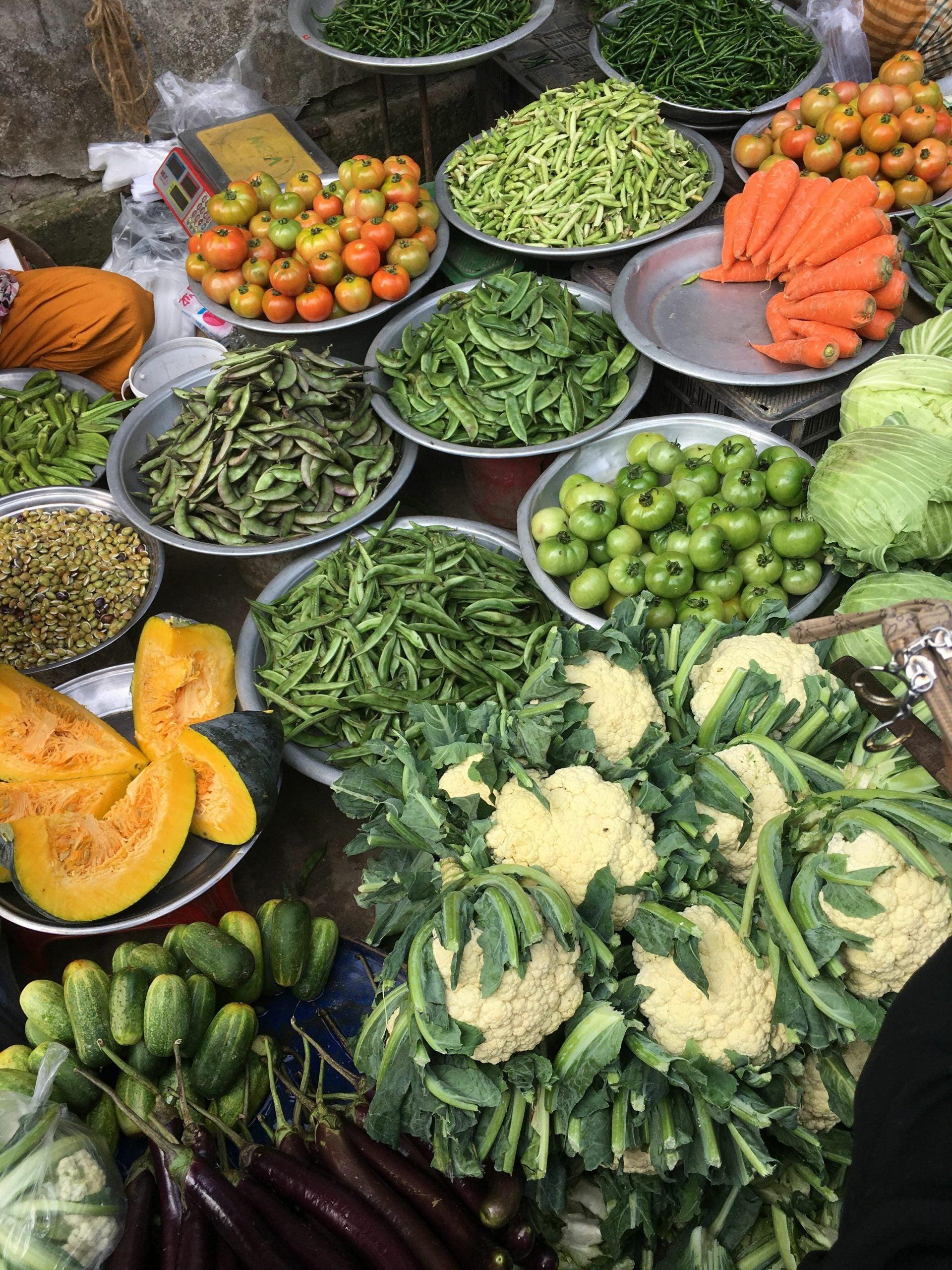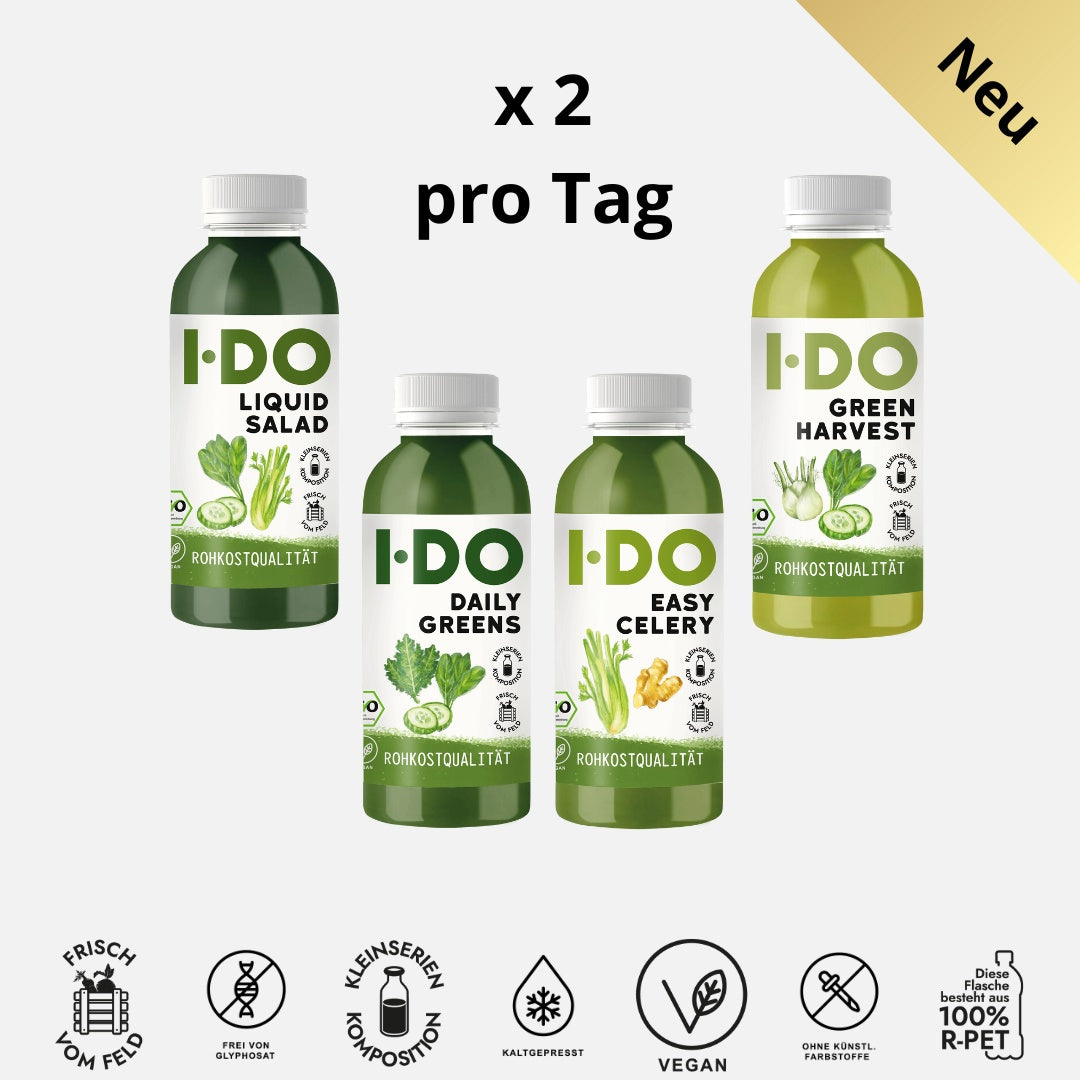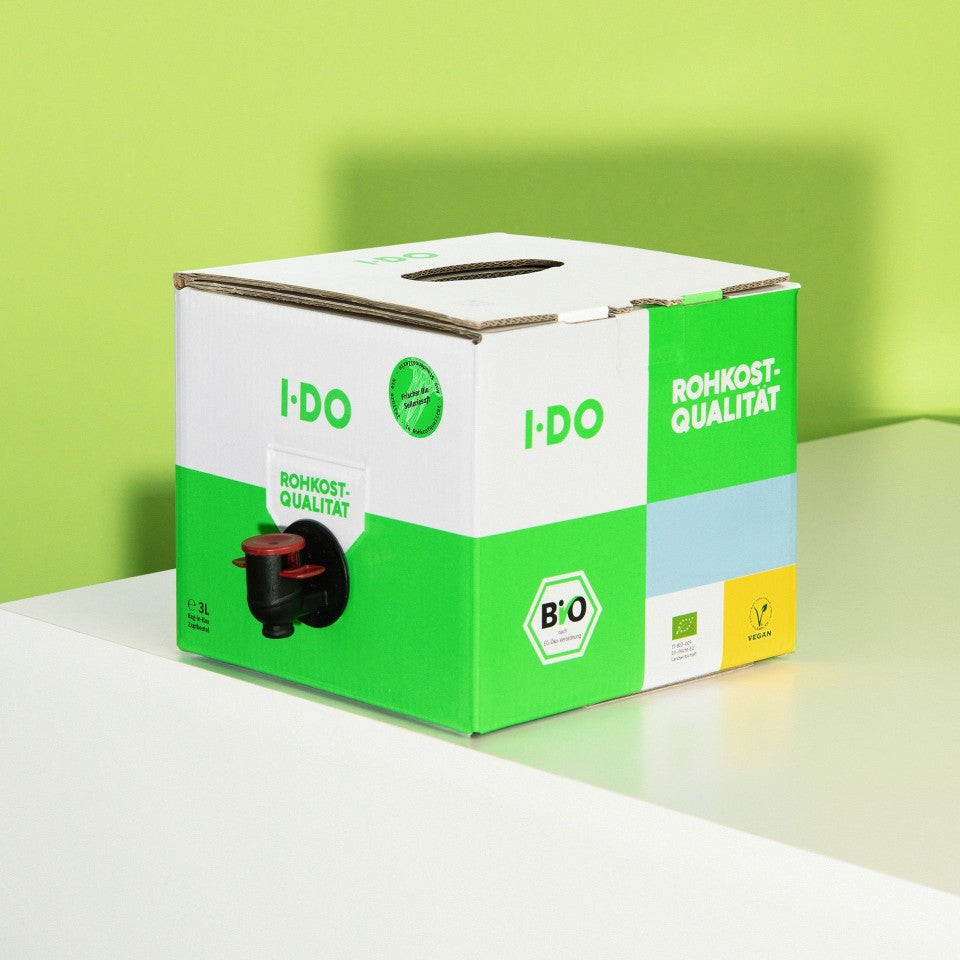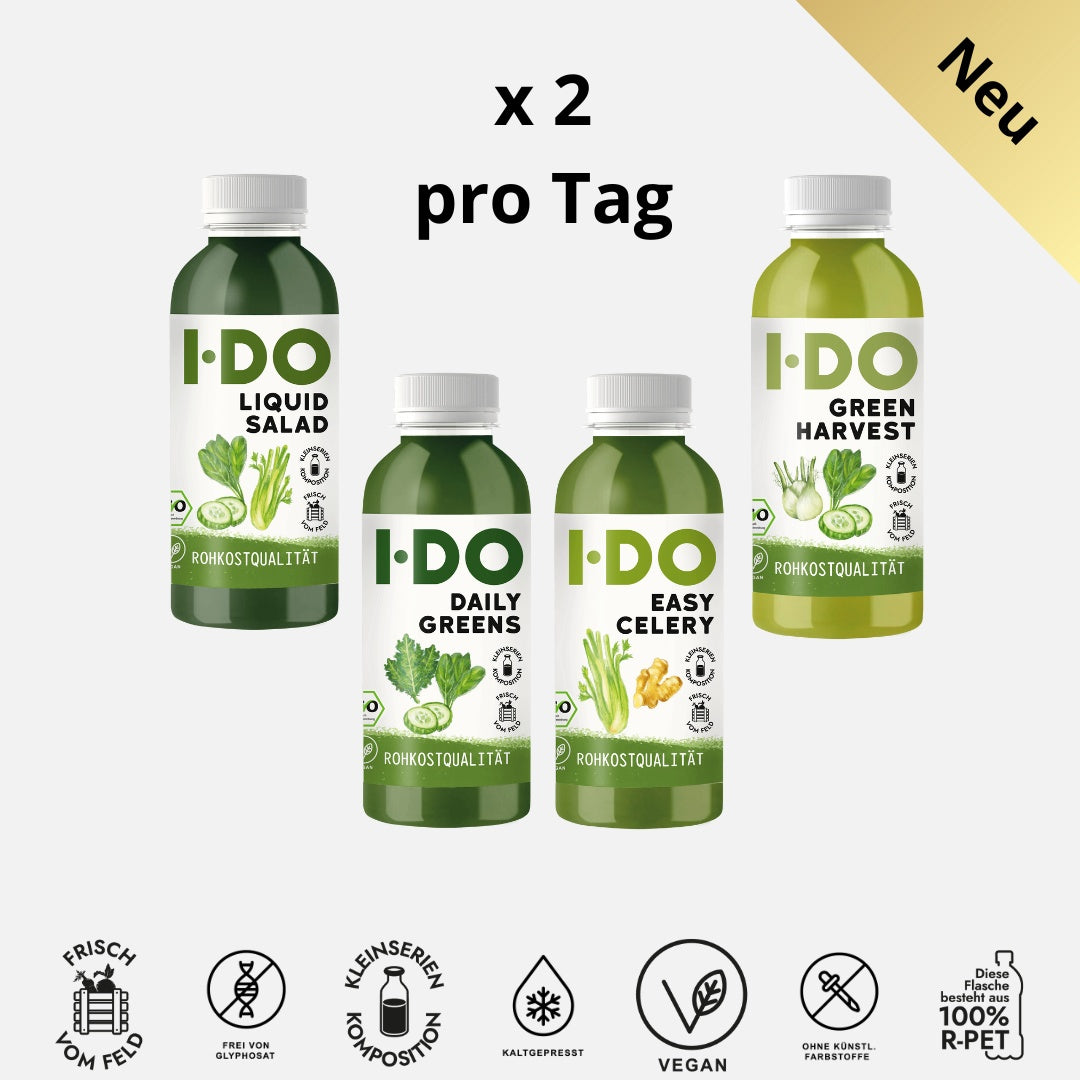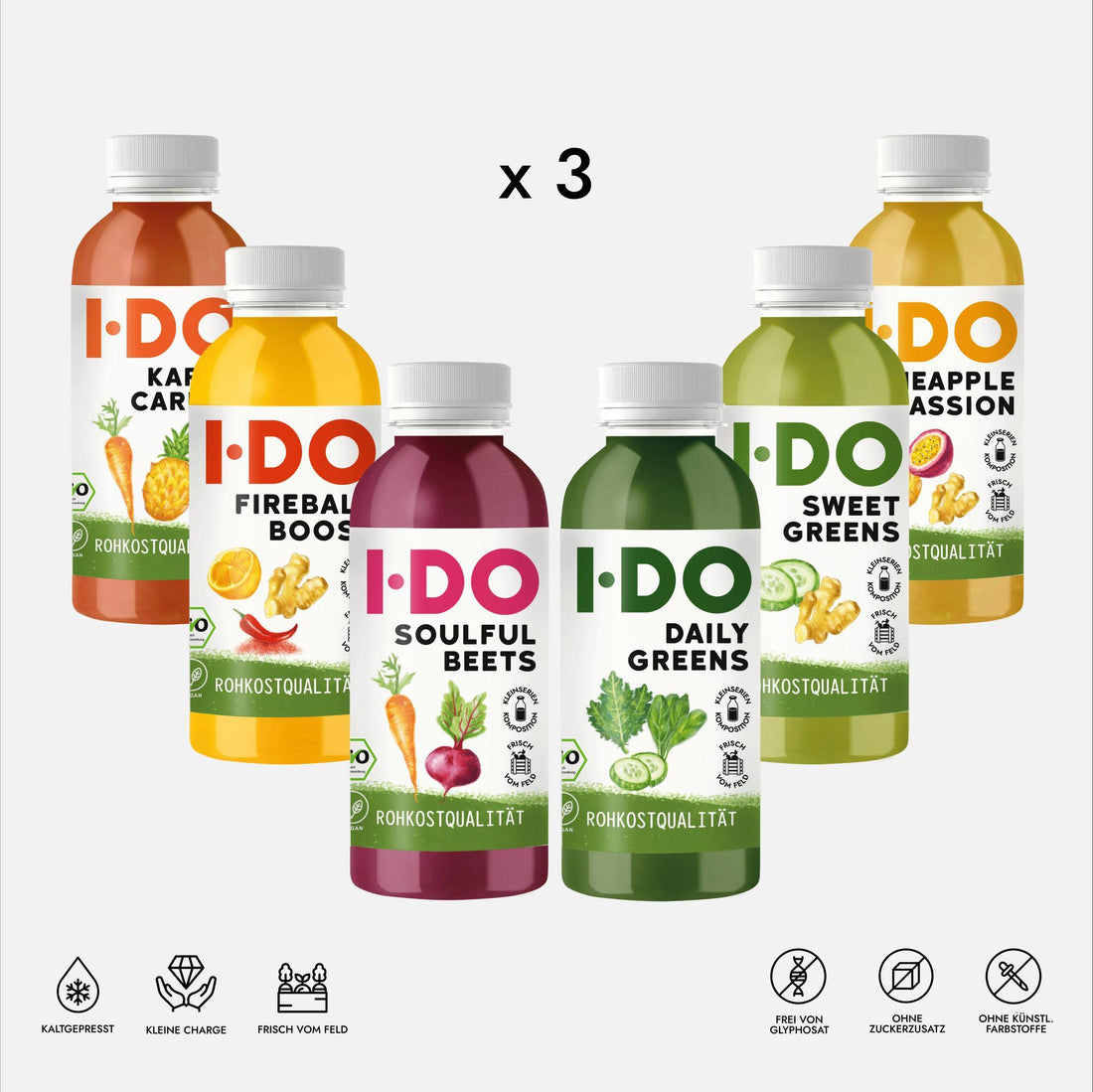The food industry is experiencing continuous change and must respond appropriately to consumer needs and new trends. This article takes a look at the future development of the food industry in Germany.
The food industry has undergone significant changes in recent years. Particularly during the COVID-19 pandemic, demand shifted significantly from the food service industry to retail, partly due to numerous government restrictions. Ready-made food packages and home delivery became increasingly popular. Companies around the world were and are therefore required to rethink and adapt to this change. Closely linked to this is the digitalization of the food industry, which will continue to play a significant role in the future.
At the same time, technologies are advancing inexorably and are becoming increasingly important both in our daily lives and for companies that want to overcome challenges and innovate.
Certain social trends also play a crucial role. Sustainability and environmental awareness are becoming increasingly important, as consumers increasingly value environmentally friendly production methods, sustainable packaging, and transparent supply chains. Furthermore, many people are increasingly focusing on healthy eating.
Companies that meet all of these requirements have a good chance of success. However, this requires a thorough understanding of the various factors. So let's take a closer look at the upcoming trends...

Sustainability and environmental awareness in the food industry
Sustainability is becoming an increasingly pressing issue in the food industry . Consumers are increasingly placing value on natural foods, environmentally friendly production methods, sustainable packaging, and transparent supply chains.
There's a good reason for this: the production and consumption of food cause massive environmental pollution. They are responsible for 60 percent of the loss of animal and plant species worldwide, and 24 percent of greenhouse gas emissions stem solely from the production and consumption of food. Furthermore, they are closely linked to planetary boundaries – some of which have already been exceeded. The UBA report "Sustainable Trade?!" analyzes the sustainability initiatives of major German food retailers. The report shows that food retailers play a significant role in promoting sustainable nutrition. Organic, vegetarian, and vegan food offerings, as well as animal welfare labels, reduce environmental pollution and support consumers in purchasing decisions for sustainable products.

Healthy nutrition and functional foods
The trend toward healthy eating will continue to grow, as people increasingly rely on eating foods that are good for their health and promote their well-being. Functional foods are foods that primarily contain vitamins, minerals, bacterial cultures, and unsaturated fatty acids and therefore supposedly have positive effects on health. They are available on the market as probiotic yogurt, as dietary foods such as margarine with plant sterols , or as wellness products such as beverages or dairy products with herbal extracts of ginseng, aloe vera, ginkgo, or isomaltulose .

Technological innovations
The food industry will benefit from technological innovations such as artificial intelligence, robotics, and automation. These technologies can improve production efficiency, increase food safety, and create opportunities for the creation of entirely new products. A concrete example of the impact of technological innovations in the food industry is the use of artificial intelligence in quality control.
There are many uses of AI in quality control, such as:
- Image recognition : AI systems can be used to automatically analyze images of products and check for defects.
- Pattern recognition : AI systems can be used to identify patterns in production data and automatically adjust processes to improve quality.
- Process optimization : AI systems can be used to automatically optimize processes in production to improve product quality.
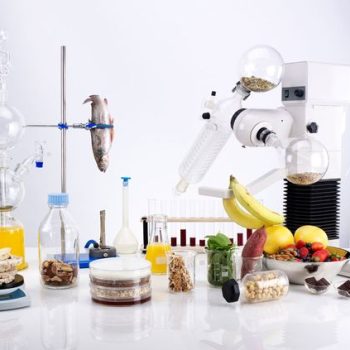
Digitalization and e-commerce
In 2020, consumer purchasing behavior changed drastically, supply chains collapsed, and employees were absent. Even if COVID-19 was the cause, some of these unforeseeable developments may persist or recur in the future. In other words, companies that respond quickly and competently to new challenges will continue to play a significant role in the national market. Digitalization, in particular, has therefore become enormously important, as it enables industry and commerce to respond flexibly and quickly to any economic and social changes.
Furthermore, comprehensive digitalization offers the significant advantage of being able to respond to specific customer needs. Online grocery shopping is expected to continue to grow, as consumers value the convenience of online shopping and the wide range of products available. Many companies are therefore strengthening their online presence and improving digital customer service to remain competitive.
Conclusion
The German food industry is particularly characterized by quality, regionality, and organic production. These characteristics will continue to be of great importance in the future, as consumers increasingly value sustainable and healthy food. The industry will therefore need to develop innovative solutions and processes to meet these growing demands.
The future of the food industry combines several factors. Consumer needs are changing as they increasingly seek personalized products and tailored nutritional concepts. At the same time, technological developments are advancing, opening up new opportunities for the production, processing, and distribution of food. Societal trends, such as the growing demand for plant-based alternatives, are driving the need for innovative products and processes. Companies that adapt flexibly to these changes and proactively seize emerging opportunities will significantly shape the future of the food industry. This requires continuous investment in research and development to develop new products, production methods, and distribution channels. Close collaboration along the entire value chain is also necessary to ensure sustainable and efficient production.
Despite great uncertainty, the current, undoubtedly exciting times offer growth opportunities in a variety of areas. The German food industry has the potential to be perceived internationally as an innovation leader and pioneer. By meeting consumer needs, responding to technological advances, and embracing societal trends, it can successfully assert itself in global competition and make a positive contribution to food security and sustainable development worldwide.


